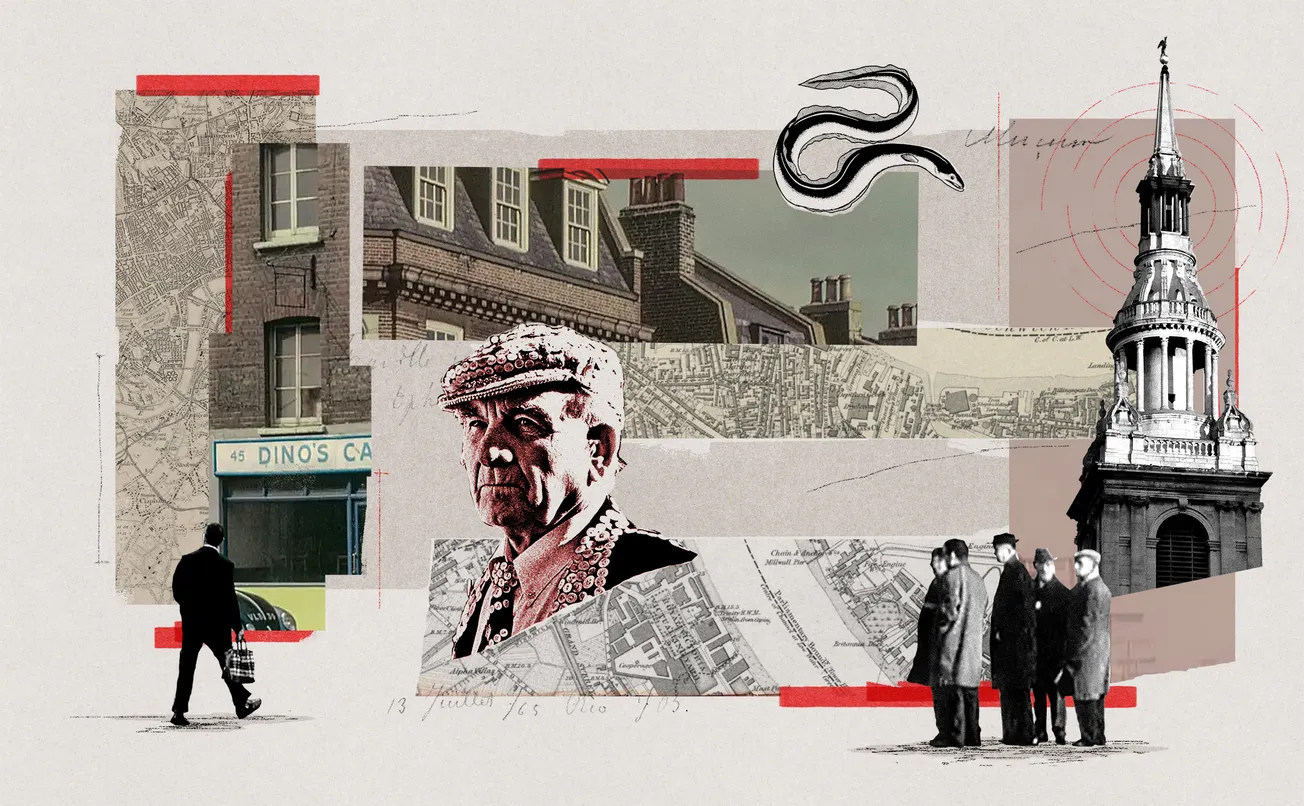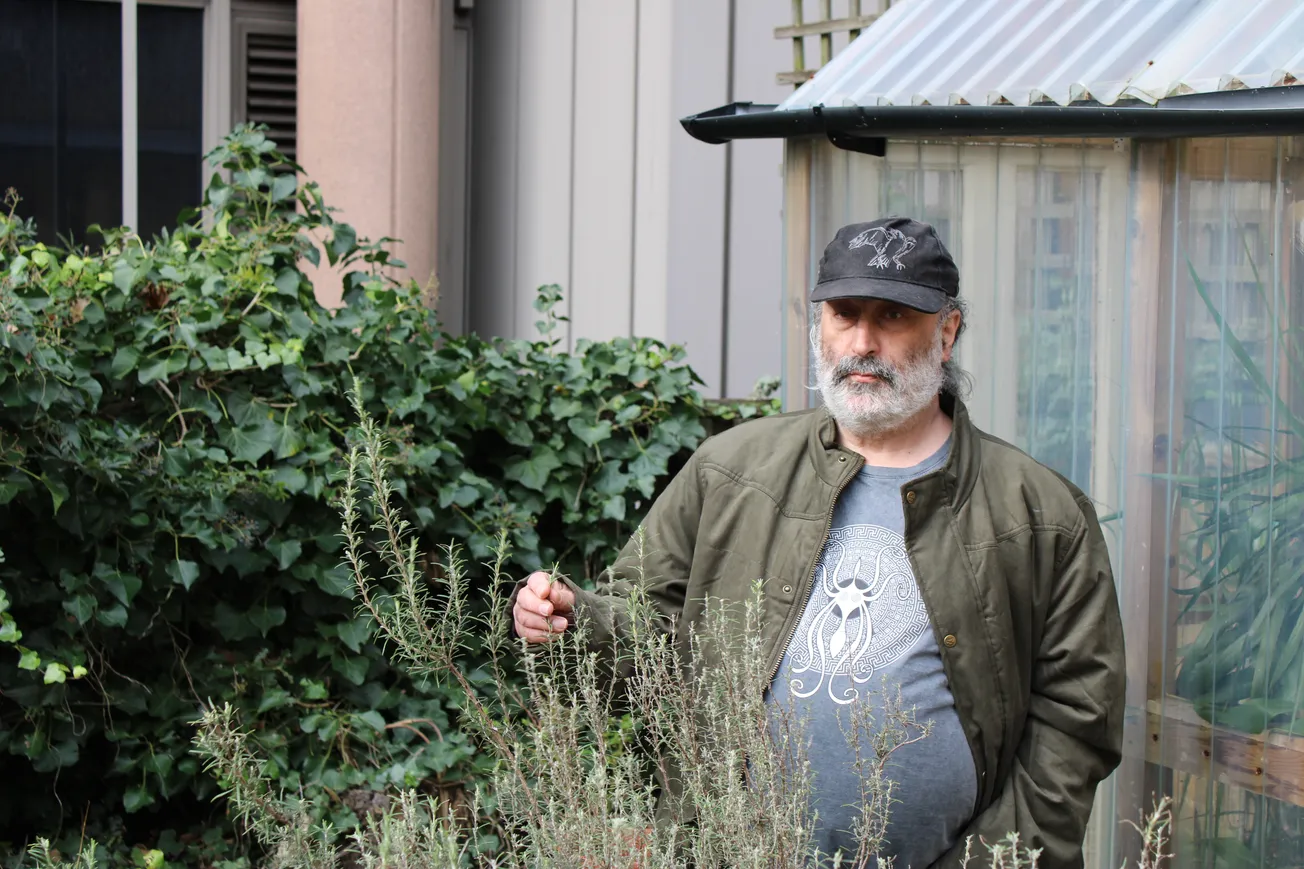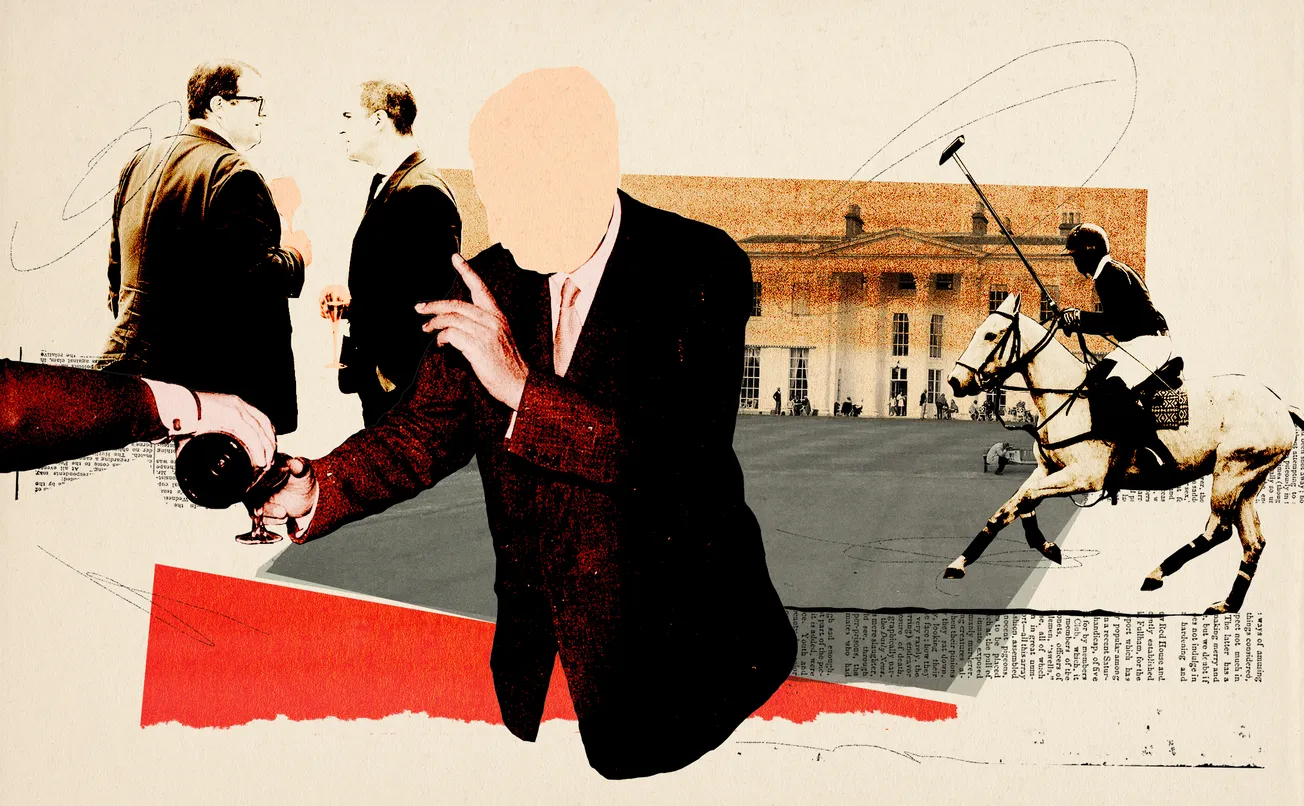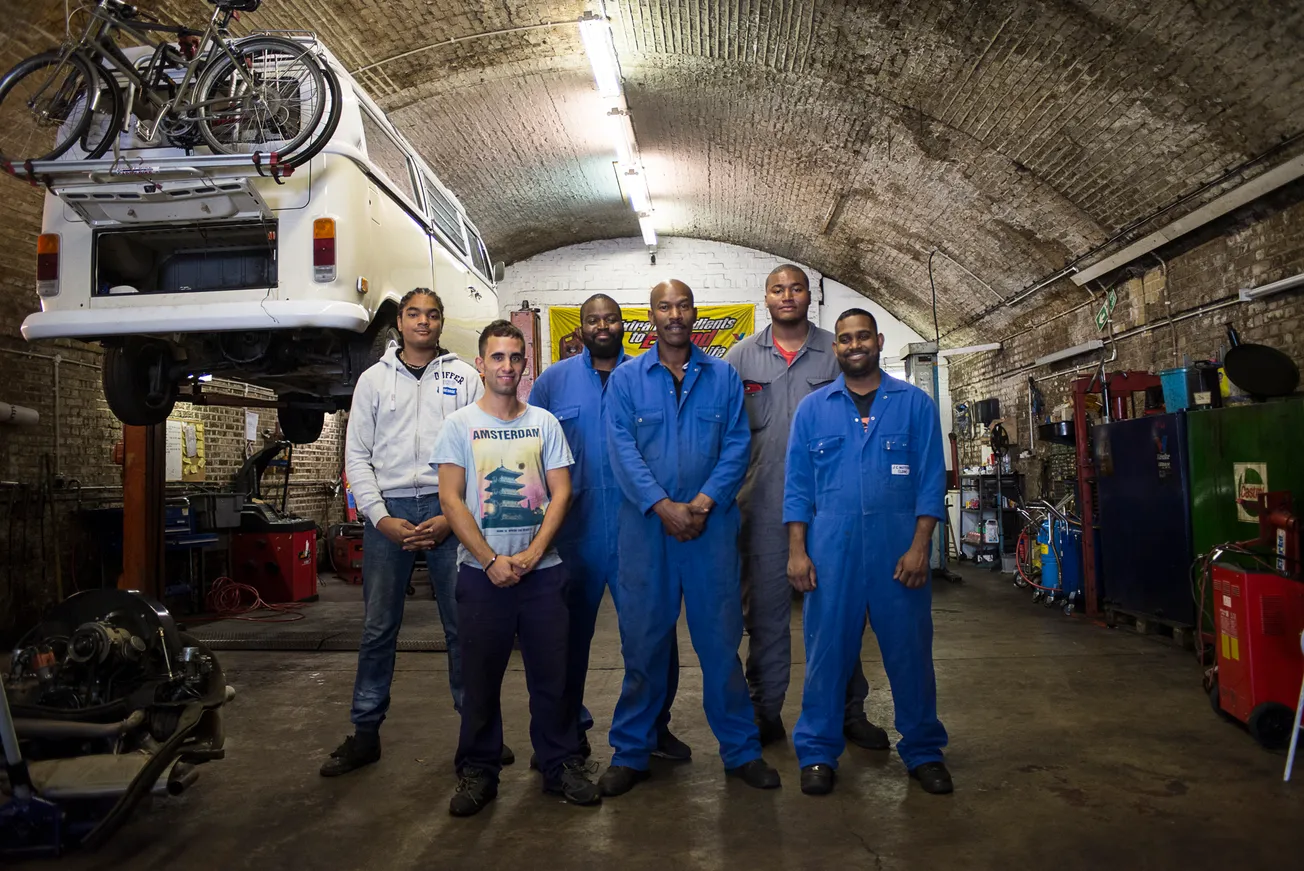Hello! It's Hannah, your editor here. To read the entirety of Andrew's beautiful piece, you'll have to be a paying supporter of The Londoner. We do this because researching and reporting our stories takes a large amount of time and resources, and we need to become financially sustainable. We aren't backed by billionaires or private equity firms — so it's only through reader subscriptions that we can continue to exist. This is why we’re trying to reach 1,000 subscribers by the end of October. And we're only just over 100 members away!
You’re reading this because you’re currently one of our nearly 21,000 beloved free subscribers. But if you like what we're doing, if you think it’s important, both for you and for London, consider backing us for just £4.95 a month for the first three months. Becoming a supporter puts you at the vanguard of a media revolution, as well as giving you access to all of our members-only content — like the story below.
“This article you're writing,” says Matt Hunt Gardner, an exasperated expression taking over his face, “well, it comes out every few years.” And invariably, he tells me, it’s wrong.
As a sociolinguist, Gardner works at the intersection between history, society and language at institutions like Oxford University and Queen Mary, University of London. We’re currently sitting opposite the latter, in a lonely redbrick pub called the Bancroft Arms on the main road out of Whitechapel. Surrounded by pleather chairs and stained carpets, we discuss the answer to what I thought was a simple question: what happened to London’s Cockneys?
In recent years, there’s been an unending stream of academic studies, news articles and thinkpieces about the supposed disappearance of London’s Cockney accent and, by extension, the East End identity interwoven with it. But none of those pieces go any further: Why is it disappearing? Where did it go? And what does it mean to be Cockney anyway?
Our meeting point feels fitting: surrounded by elderly regulars, behind Gardner are black-and-white historic photos of the area and a haphazardly-framed A4 page bearing a photo of a pub and the caption “the one pub they could not shut down”. If there was anywhere in London to hear the dying echoes of the old East End accent, it would be here.
But as the interview goes on — and as I conduct weeks of research and interviews — it becomes clear that what I thought was a simple question isn’t so clear-cut after all. It’s a complex story of 14th century chickens, Yiddish slang and 1960s town planning, and one that reveals some fascinating misconceptions about one of London’s most recognisable voices.
London deserves great journalism. You can help make it happen.
You're halfway there, the rest of the story is behind this paywall. Join the Londoner for full access to local news that matters, just £8.95/month.
SubscribeAlready have an account? Sign In







